Bachelor’s Degree in Biomedical Science New England Campus Experience
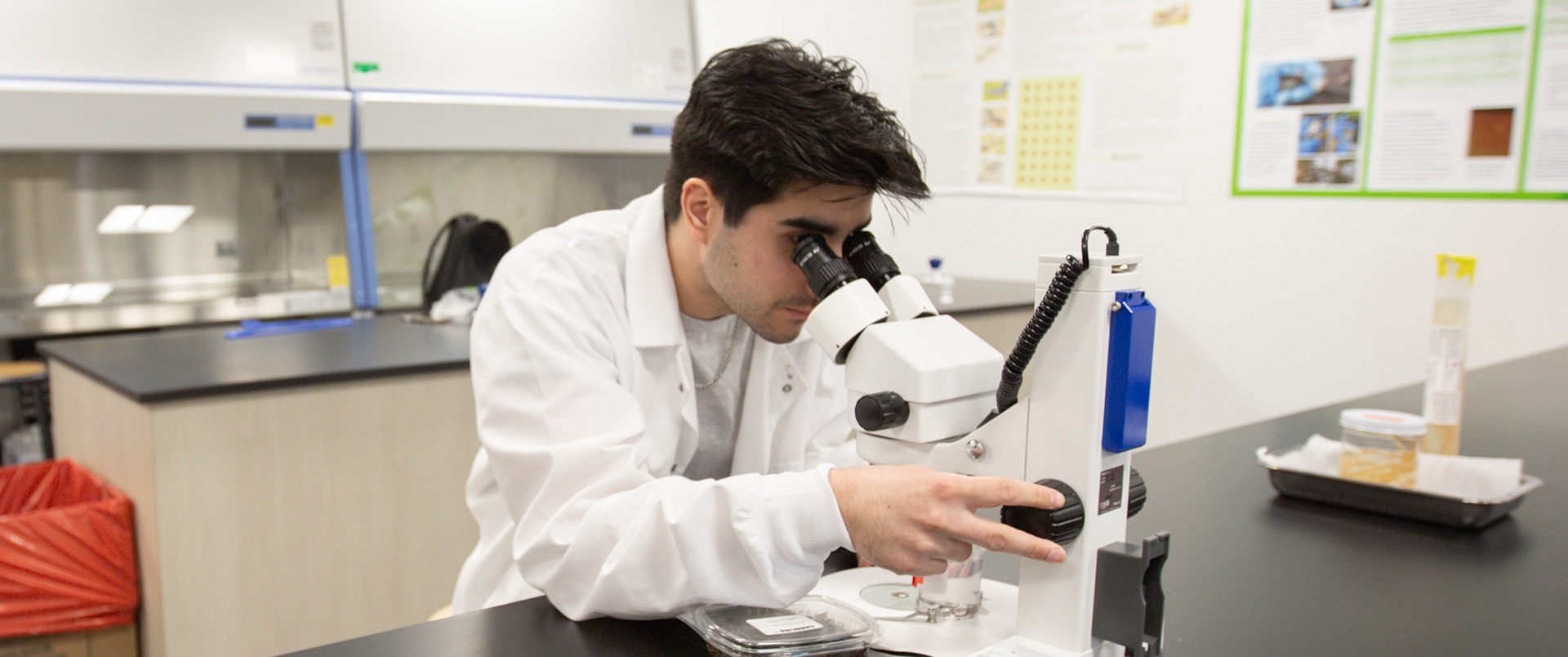
Program Overview Why get a biomedical science degree on campus?
If you're fascinated by the intersection of science and human health, a Bachelor of Science (BS) in Biomedical Science from Southern New Hampshire University can open the door to a future full of possibilities. Here, you won’t just study biomedical science — you’ll live it. Through hands-on learning tied directly to health-related and research professions, you'll build the skills you need for a cutting-edge biotech career or to pursue a graduate program in healthcare.
Skills you'll learn:
- Knowledge of the biological foundations of human health and disease
- Lab techniques, including wet labs and advanced instrumentation
- Ability to conduct, analyze and apply biomedical research
- How to communicate scientific information to diverse audiences
- Teamwork and collaboration in lab and research settings
- Professional ethics and critical thinking in biomedical science
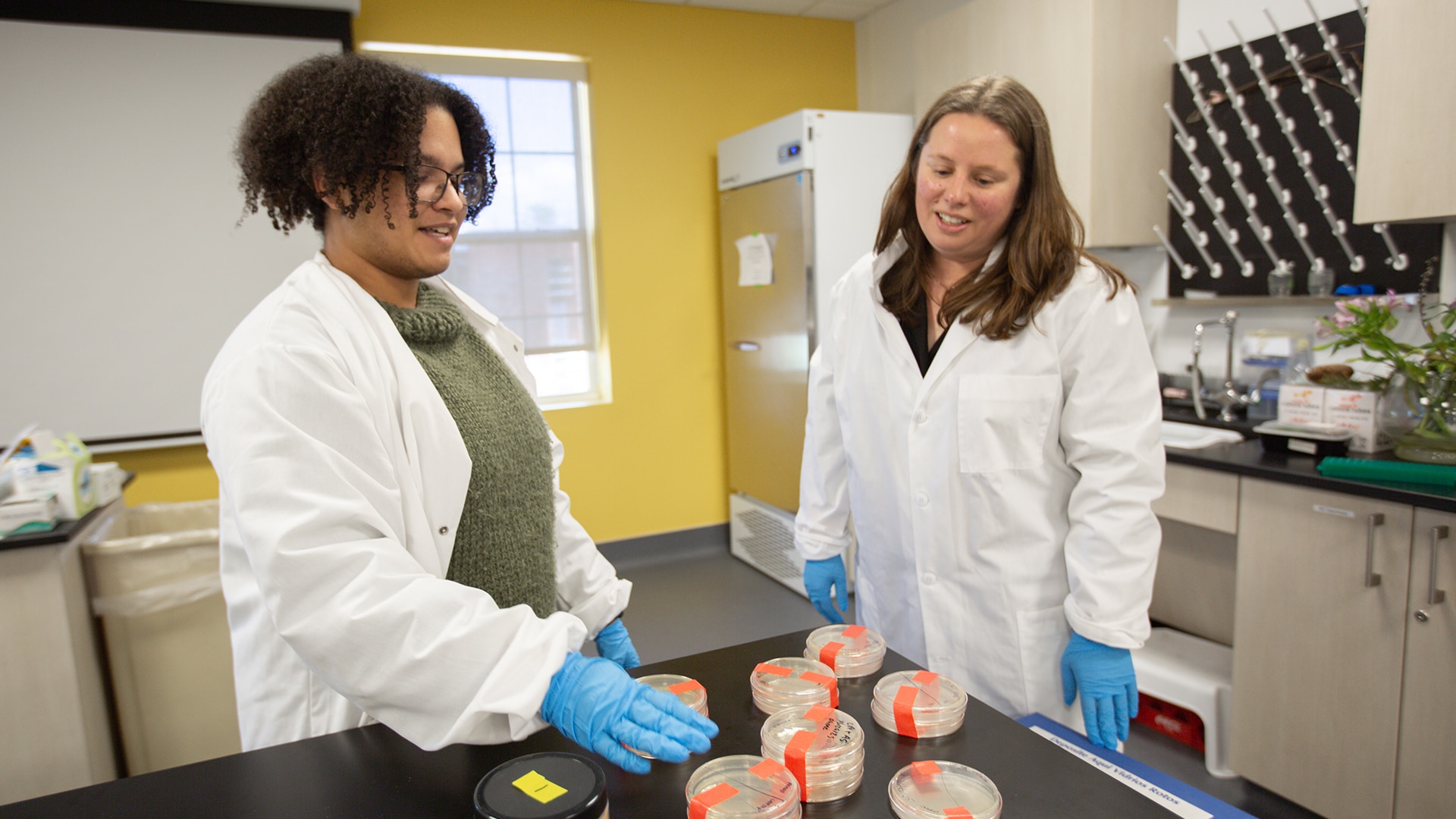
Courses & Curriculum Bring your degree to life with on-campus biomedical science courses
The curriculum for SNHU's BS in Biomedical Science combines a strong foundation in biology and chemistry with specialized biomedical courses. After mastering the fundamentals, you’ll dive deeper into biomedical science and customize your degree with electives in areas like kinesiology and biofabrication. Throughout the program, you’ll split your time between interactive lectures, small-group discussions and lab hours where you'll run experiments, collaborate with classmates and build the kind of confidence that only comes from hands-on experience.
Learn from instructors with industry experience
Our faculty members bring with them decades of knowledge and experience in biomedical science, which informs the development of SNHU’s courses and curriculum. They look forward to supporting your journey in the classroom and as you work toward grad school or a career in biomedical science.
Featured Faculty
Dr. Katharine York
Prior to joining SNHU, Katharine York taught biology at the University of New Hampshire and New Hampshire Technical Institute. York’s research focuses on bats in New England, using acoustic and stationary monitoring techniques to estimate species diversity and abundance. She is also involved in a long-term study to identify chytrid fungus in native frog populations of New Hampshire. York is the coordinator of the BS in Biology degree program at SNHU.
Position
Professor and Department Chair, Biological Sciences
Joined SNHU
2010
Education
- BS in Animal Science from University of New Hampshire
- MEd in Biology Education from University of New Hampshire
- PhD in Natural Resources from University of New Hampshire
Campus major courses
You’ll take major courses that provide you with a solid foundation in your area of study – in some cases featuring experiential or project-based learning opportunities, labs, simulations and internships. These courses will allow you to learn a wide variety of topics and help prepare you for a role in your desired field.
Courses may include:
Campus general education courses
All undergraduate students are required to take general education courses, which are part of SNHU's newly redesigned program, The Commons. The goal of The Commons' curriculum is to empower you with some of the most in-demand skills, so you can succeed not only in your academic career, but in your personal and professional life too.
Courses may include:
Can’t wait? You don’t have to!
Apply now if you’re ready, and have your decision within 30 days. Or, schedule a visit and come see us in person!
Career Outlook What can I do with a biomedical science degree?
With your bachelor's degree in biomedical science, you'll be prepared to pursue graduate school on your way to a career in healthcare or medicine, or for an entry-level role in biotechnology or bioengineering where you might work in a lab, designing experiments and analyzing data. Or you could work in a support role, helping to develop new therapies, medical devices or diagnostics that help improve lives. Emerging fields like regenerative medicine and biofabrication, could also be an option.
Career paths include:
- Clinical laboratory technologist
- Biological technician
- Biotechnology research associate
- Biofabrication specialist
Median annual salary in May 2024 for clinical laboratory technologists and technicians, according to the U.S. Bureau of Labor Statistics.1
Approximate number of job openings per year, through 2033, for clinical laboratory technologists and technicians, projected by the BLS.1
Understanding the numbers
When reviewing job growth and salary information, it’s important to remember that actual numbers can vary due to many different factors—like years of experience in the role, industry of employment, geographic location, worker skill and economic conditions. Cited projections are based on Bureau of Labor Statistics data, not on SNHU graduate outcomes, and do not guarantee actual salary or job growth.
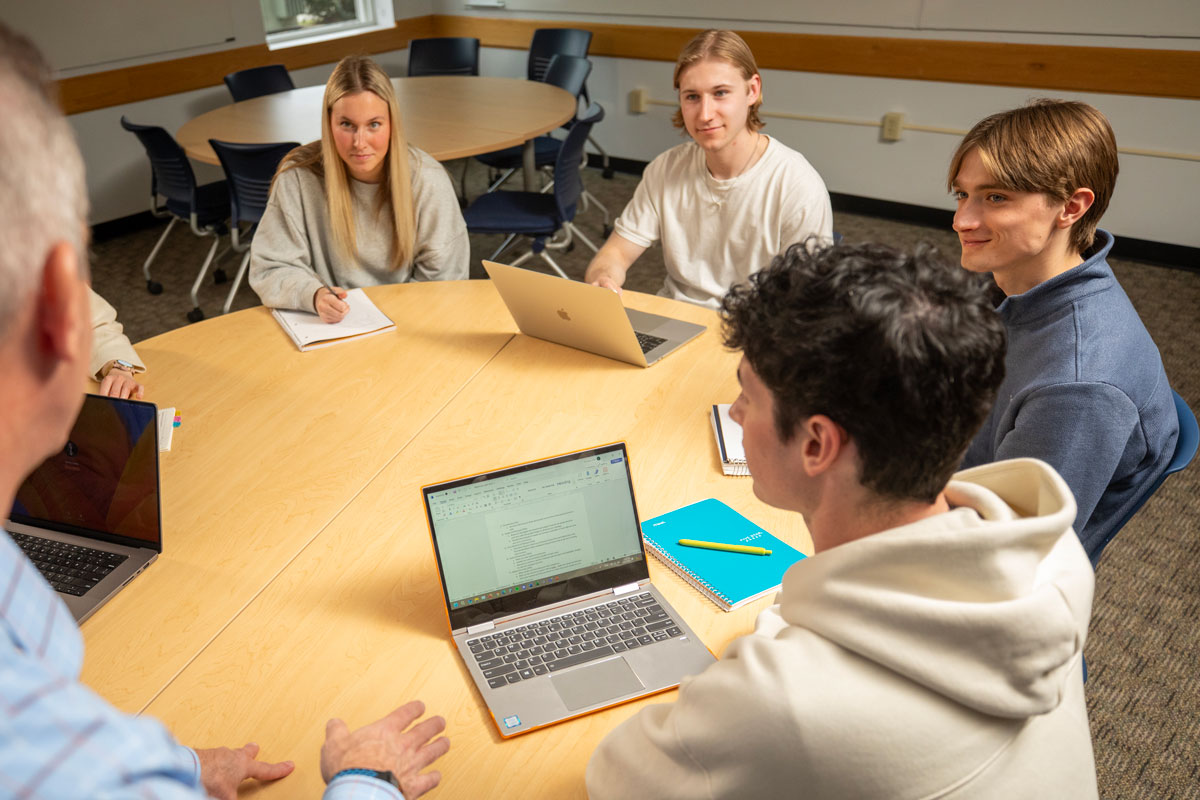
Campus Student Experience So, what’s it like taking classes on campus?

Student support
At SNHU, you don’t have to do this college thing alone. You’ll have help from your advisor, access to tutoring and office hours, career coaching, and mental health services so you can do your best and feel your best.
Additionally, our Office of Diversity and Campus Accessibility Center make campus a safe place for everyone. Visit our Student Services page to learn more about our support offerings.

Small class sizes
With an average class size of 15-25 (depending on your major) you’ll learn in an environment where professors with real world experience know you by name.
Here, you’re not getting lost in giant lecture halls, but instead, actively participating in thoughtful dialogue where you’re always encouraged to collaborate with your peers and ask questions when they arise.
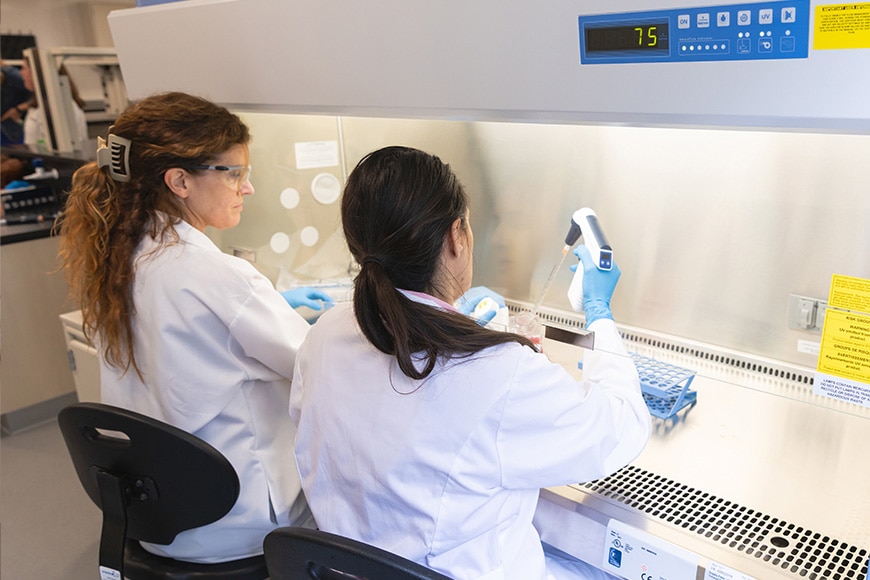
State-of-the-art facilities
Our 300-acre campus has everything you need. From technology-advanced classroom settings to your dorms complete with fitness centers and hangout spots, our goal is to give you the best college experience possible.
Whether you’re learning in a classroom, in a lab, on the field, or in your field, you’ll have what you need to be successful from the moment you wake up to the moment you close your textbooks.
School of Arts, Sciences and Education Learn about the School of Arts, Sciences and Education
From understanding why people behave the way they do, to studying and tackling today's environmental issues, the School of Arts, Sciences and Education serves as an academic hub for creativity, collaboration and learning. Here, you'll have the chance to gain real-world experience through internships, student teaching, lab work and community-based projects. From studying cells under a microscope or analyzing crime scenes to leading a student-teaching session in an elementary classroom, you’ll learn how the world works so you can help make it a better place.
Student teaching opportunities
Inkwell game design studio
State-of-the-art labs
How SNHU makes college affordable
At Southern New Hampshire University, we're on a mission to make high-quality education more accessible with more affordable tuition. With 70+ career-focused majors, state-of-the-art facilities, D2 sports and over 70 student clubs and organizations, you can get the campus experience you've always dreamed of at a more affordable price.
Fill out the FAFSA to see if you’re eligible for grants or work-study. (You could also be offered loans, though you’ll have to pay those back later.)
Transfer up to 90 credits toward your bachelor's degree program at SNHU. If you’ve taken one course or many, we’ll evaluate them for you.
Getting free money for college – from SNHU or an outside organization – could help you save hundreds or even thousands of dollars.
Our collaborative partnerships with high schools enhance academic opportunities and college accessibility for some high school students.
Hear from us
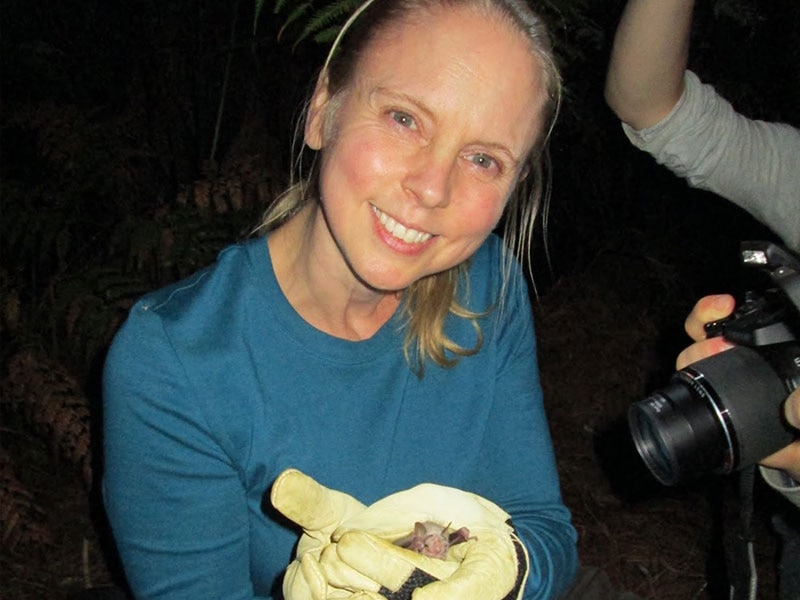
Katharine York, Professor and Chair of Biological Sciences
Accreditations
SNHU is accredited by the regional accreditor the New England Commission of Higher Education (NECHE). The university also carries specialized accreditations for some programs.

Sources & Citations
1Bureau of Labor Statistics, U.S. Department of Labor, Occupational Outlook Handbook, on the internet, at https://www.bls.gov/ooh/healthcare/clinical-laboratory-technologists-and-technicians.htm (viewed Aug. 19, 2025)
Cited projections may not reflect local or short-term economic or job conditions and do not guarantee actual job growth.
Your dream school is waiting
Apply now or schedule a visit today.


